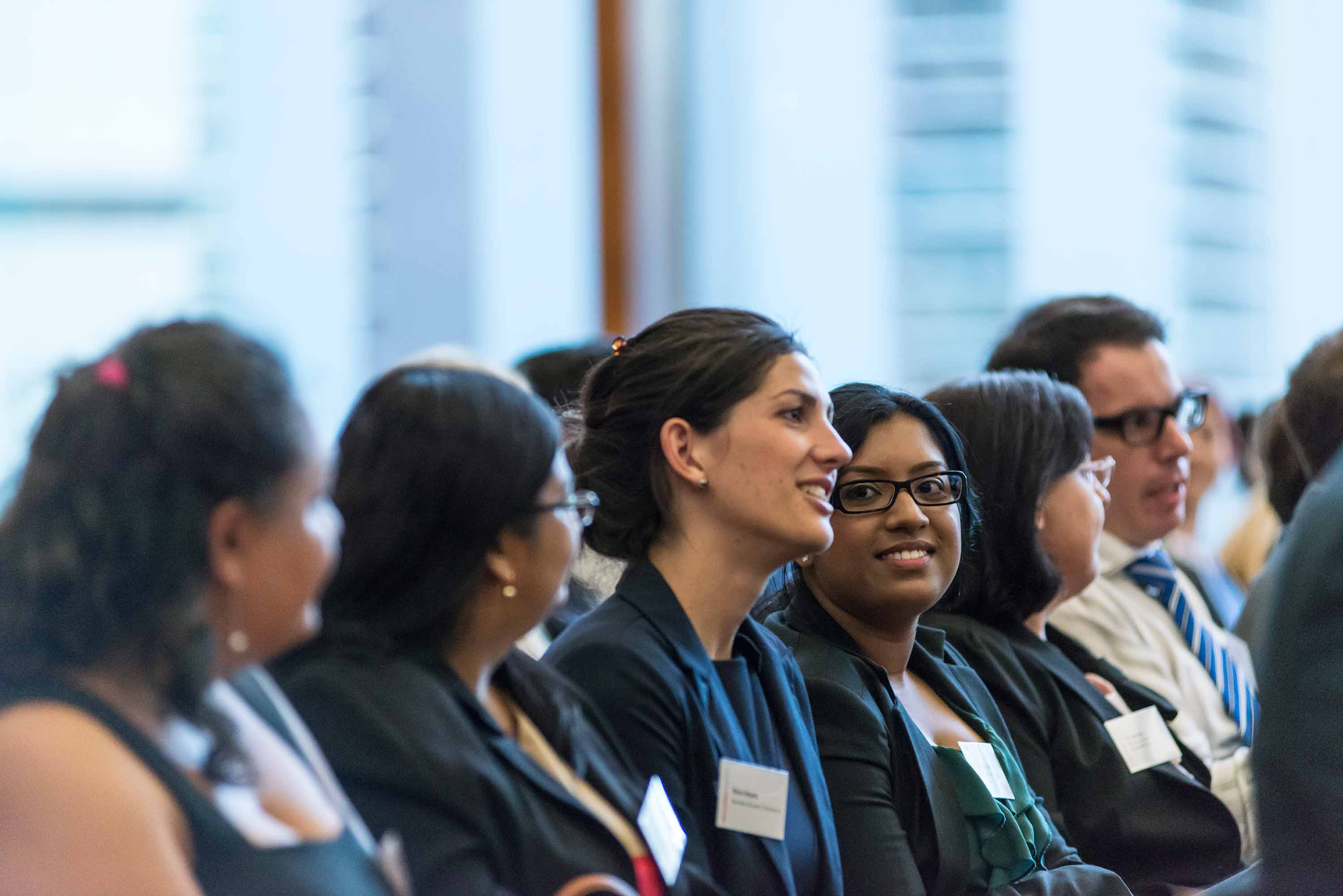
Principal speaker
Professor Gregor Murray
Abstract: The long march to full civil, political and social rights in modern industrial societies was first traced by T.H. Marshall (1949) and further encapsulated by a path-breaking article on "industrial citizenship" by Harry Arthurs (1967). This compelling narrative saw the evolution of labour law and collective labour relations as the gradual and necessary affirmation of industrial citizenship. Although such a citizenship was not yet fully achieved, its main traits were increasingly evident in the development of both the postwar welfare state and employment law. Moreover, it anticipated a future trajectory predicated on a framework of economic and social citizenship towards which societies should and would evolve.
This roadmap to the future constituted a paradigm for the fields of industrial and employment relations, labour law and public policies about work. Among the core premises which rallied consent, that labour is not a commodity, that it is invested of human agency and that such humanity, sometimes in opposition to the operation of the market, must be recognized in the ways that legitimately contending social actors create norms, procedures and rules about work. Not only has the idea of industrial citizenship served as a normative template for judging the success of work relations in industrial systems but it has increasingly made its way into international instruments defining fundamental human rights.
But, in the meantime, the world of work has changed significantly. The assumptions that informed an industrial citizenship are increasingly open to question. We argue that the affirmation of a wider range of individual and collective social and professional identities, the implantation of new organizational models for the production of goods and services, the policy embrace of neo-liberalism, the increasing transnationalization of economic and social relations and increasing inequality open up rich avenues of enquiry as regards how we might appropriately define citizenship at work in a global era. This seminar will attempt to ask whether and how Humpty can be put back together again and what might she look like? Does citizenship at work offer a new normative paradigm for understanding the world of work?
Speaker: Gregor Murray is a Professor in the School of Industrial Relations at the University of Montreal (ERIUM) where he holds the Canada Research Chair on Globalization and Work. He is also Director of the Interuniversity Research Centre on Globalization and Work (CRIMT) – an interdisciplinary research centre linking researchers in universities and research institutes in more than a dozen countries around research program on the theoretical and practical challenges of actor and institutional renewal with regard to the regulation of work and employment.
Gregor's particular research interests include international comparisons of employment relations, human resource practices, labour law and subsidiary embeddedness in multinational companies. He also works on union capacity and innovation, with a particular focus on the comparative analysis of workplace unions.
Gregor is a Visiting Researcher at WOW during the month of April 2014.
Event categories
RSVP
RSVP on or before Thursday 20 March 2014 , by email wow@griffith.edu.au , or by phone 07 3735 3714